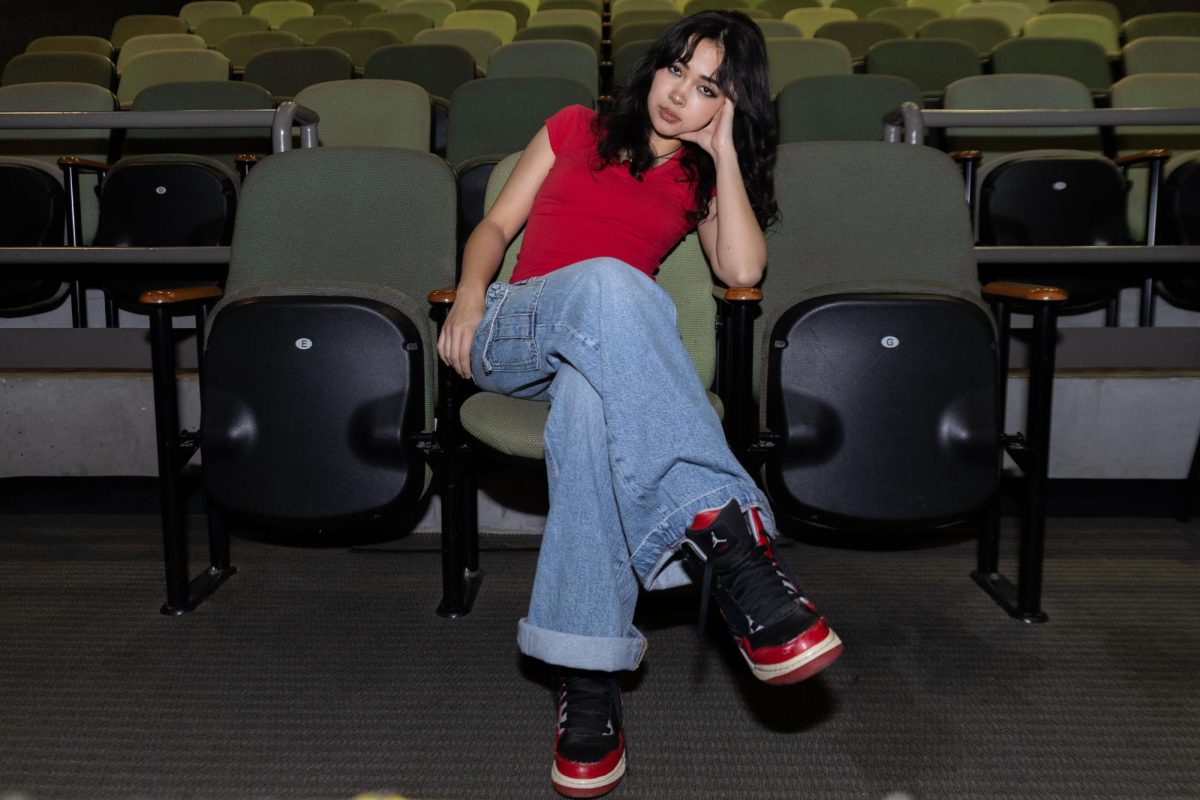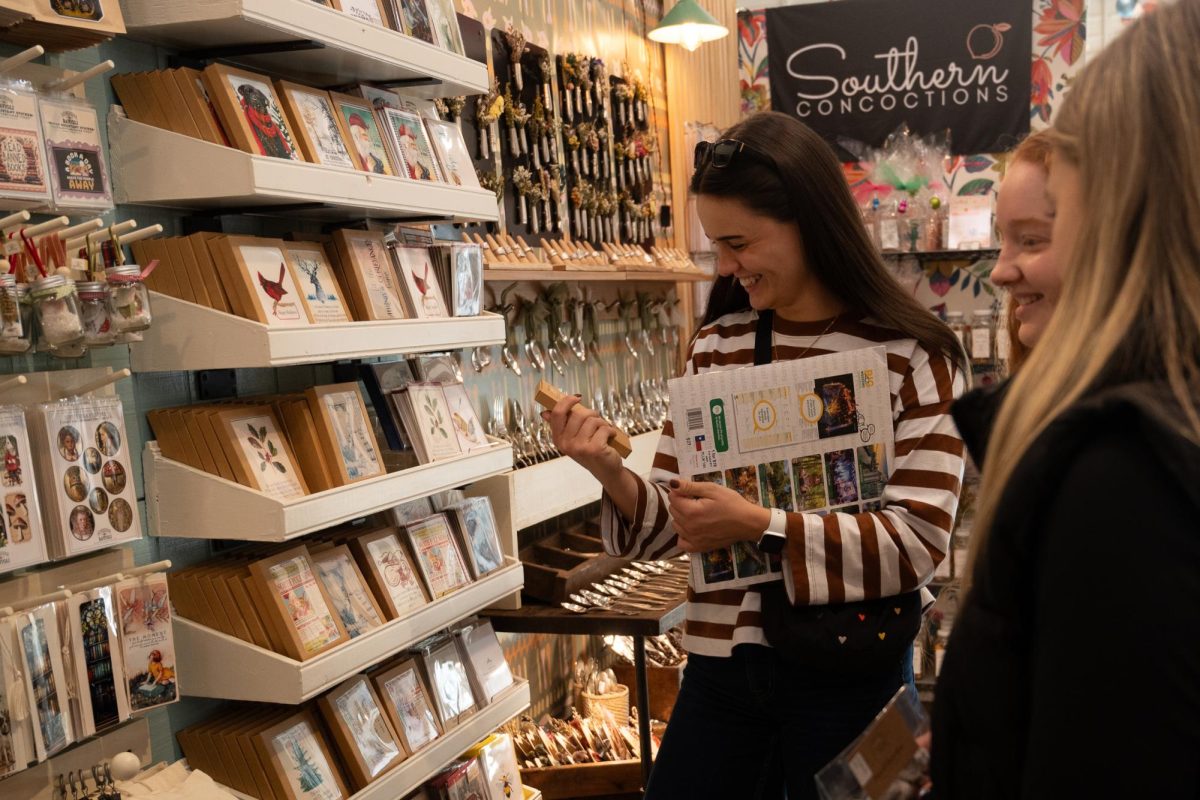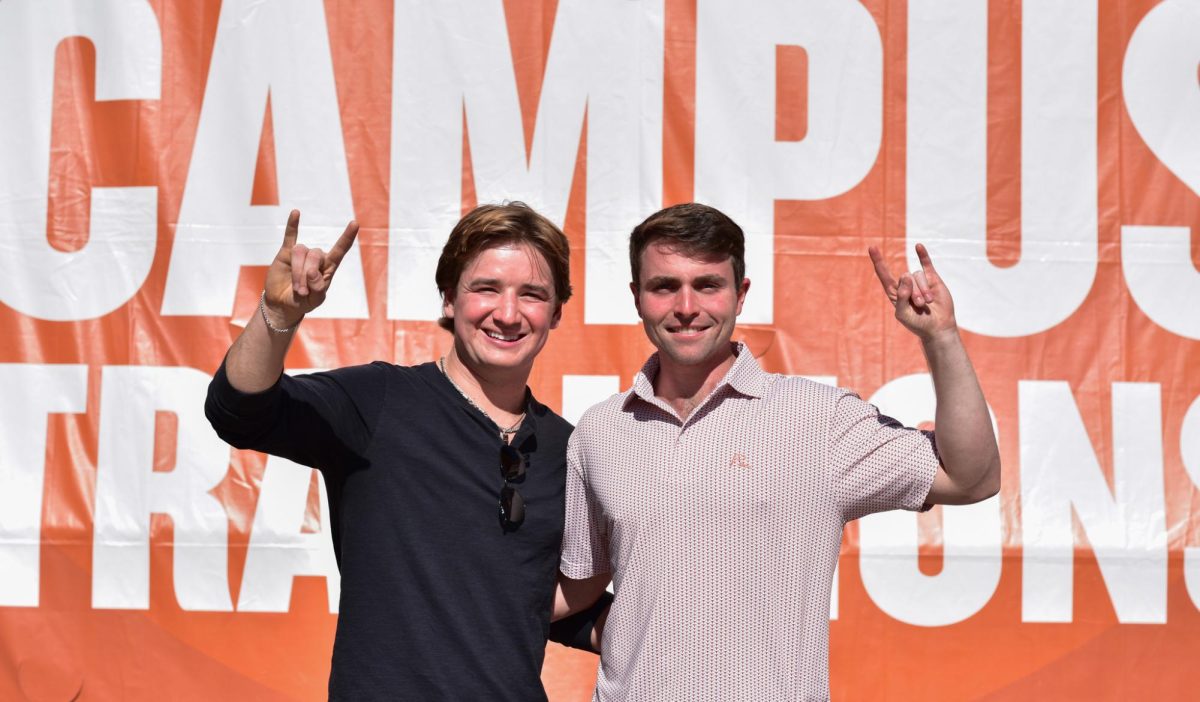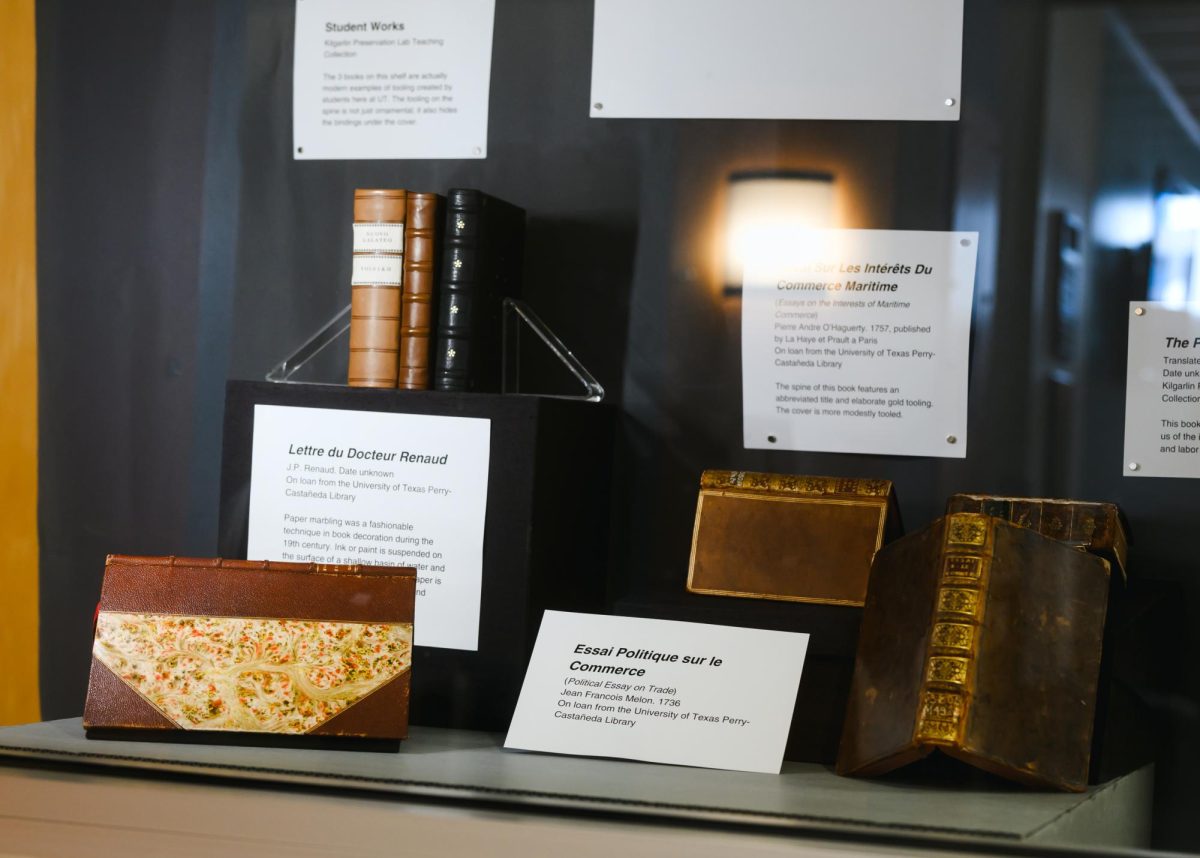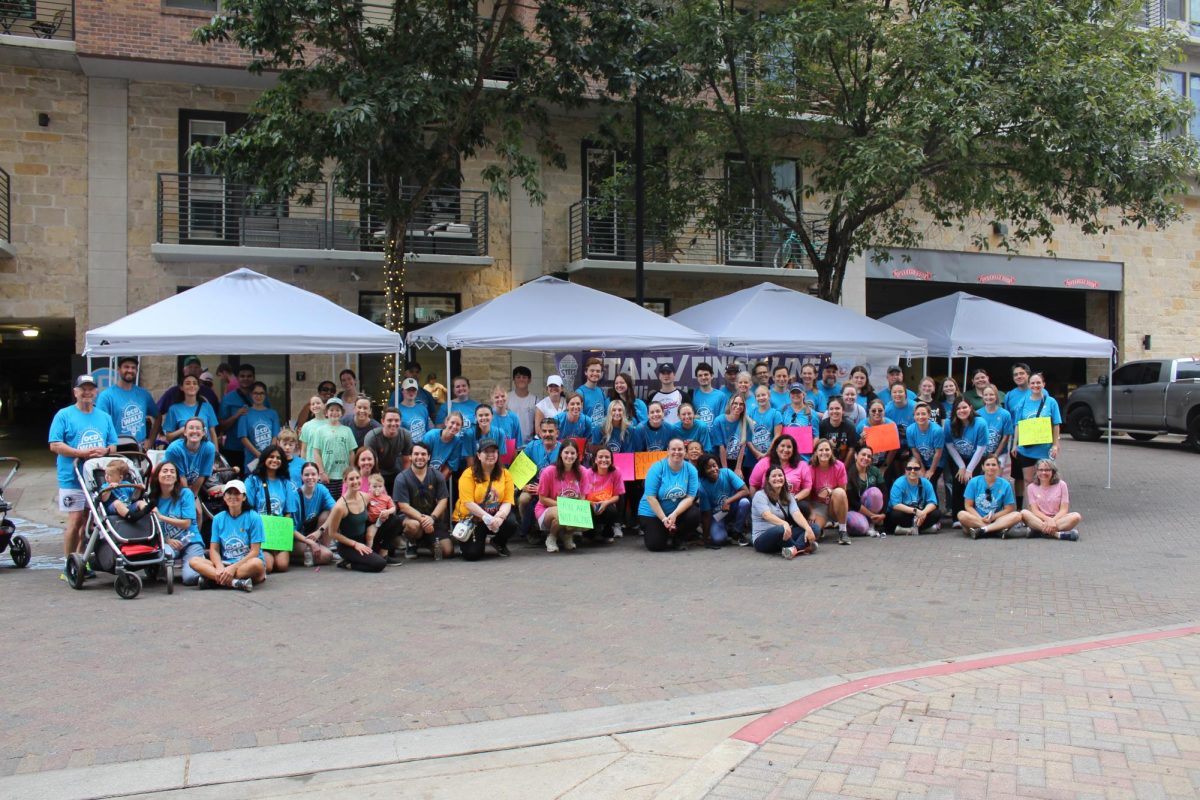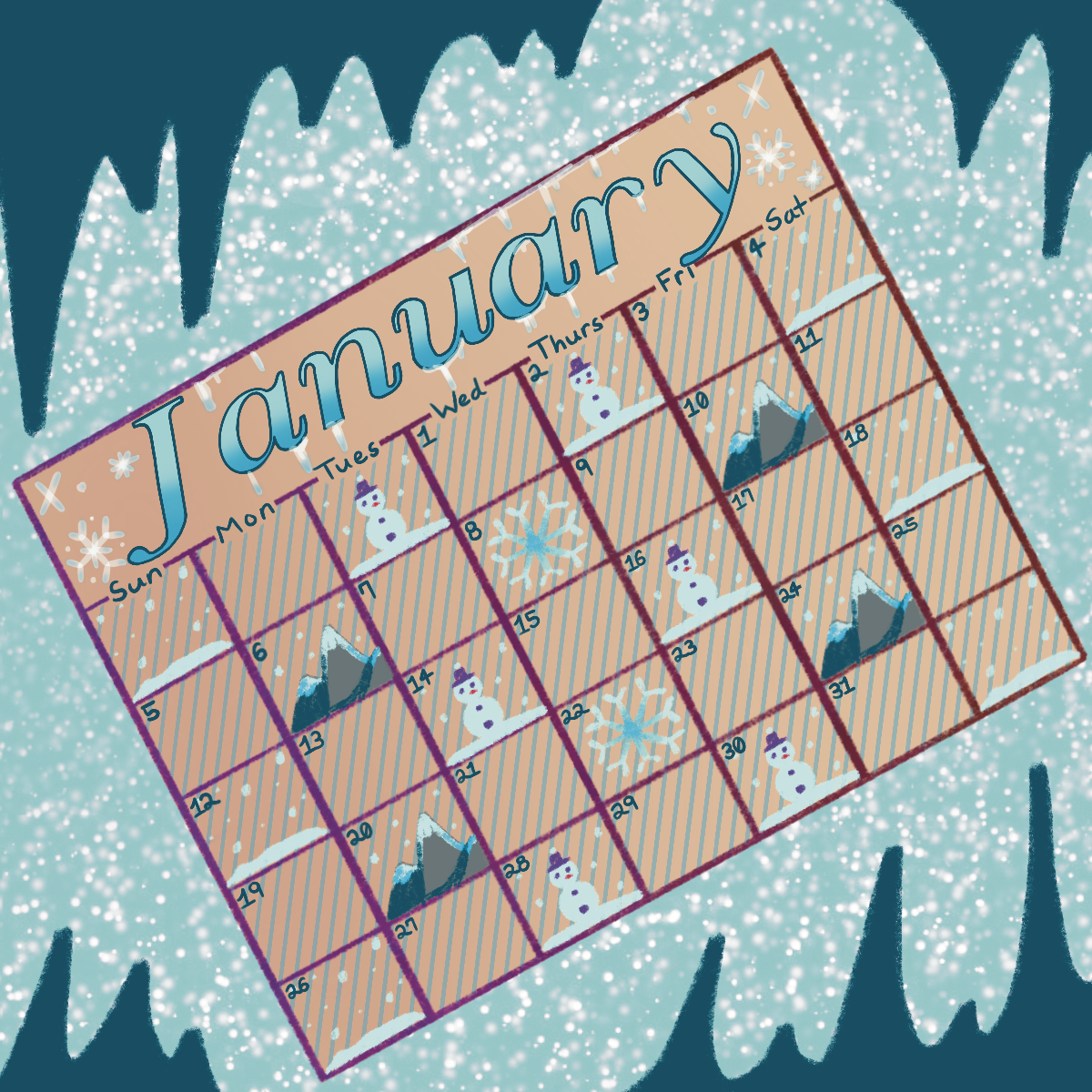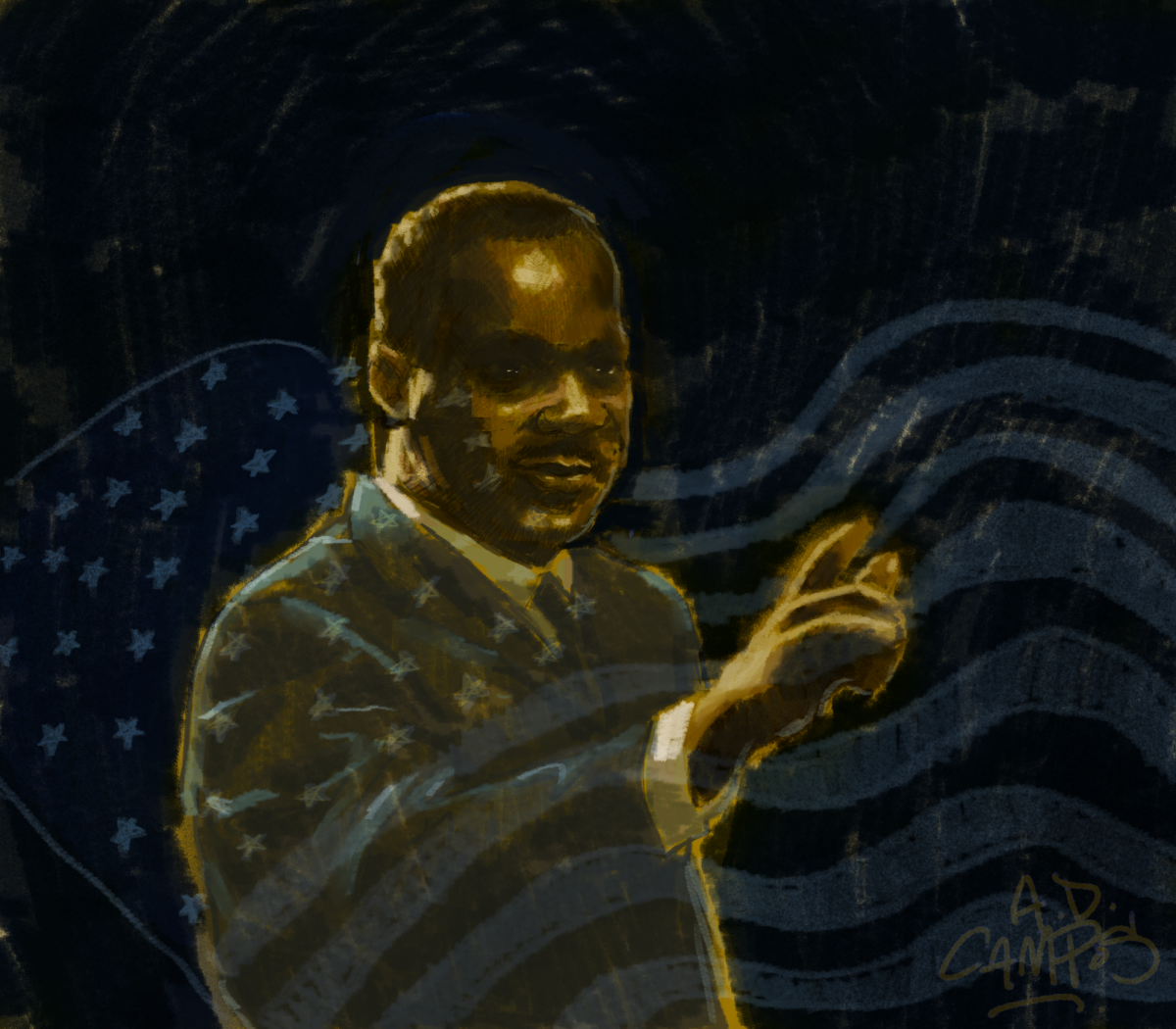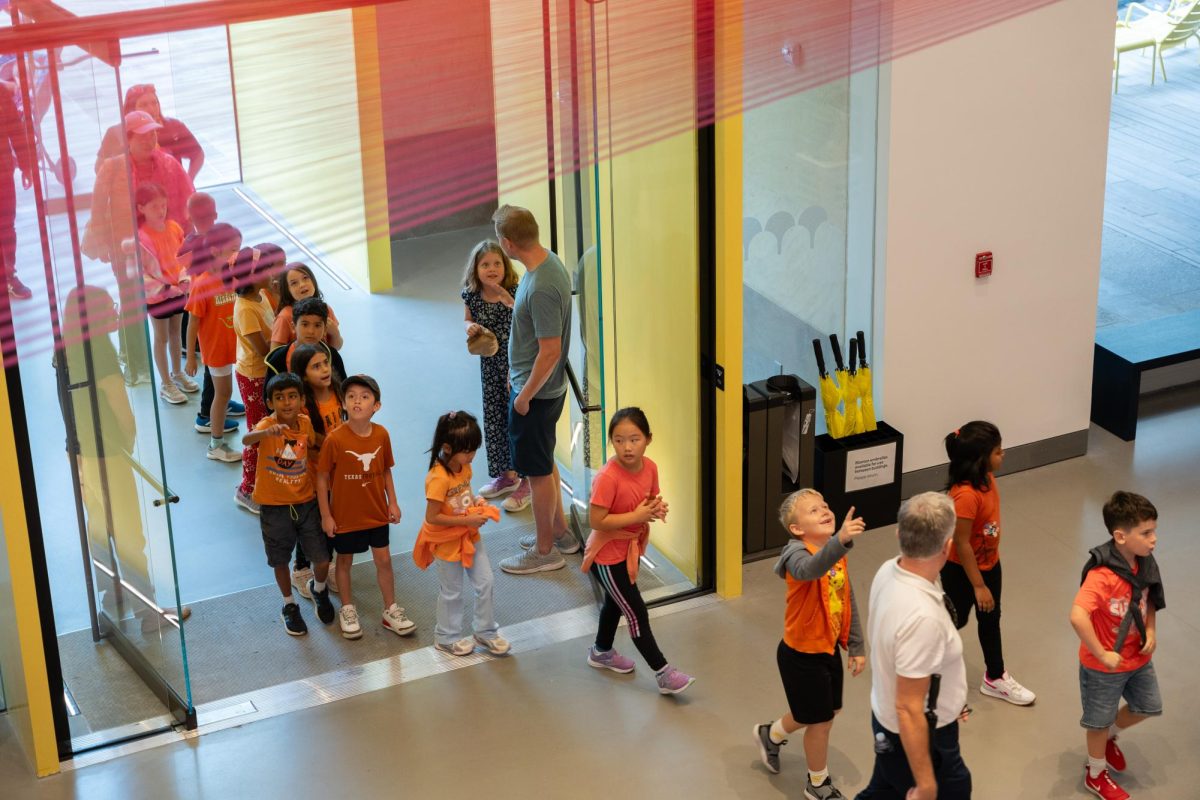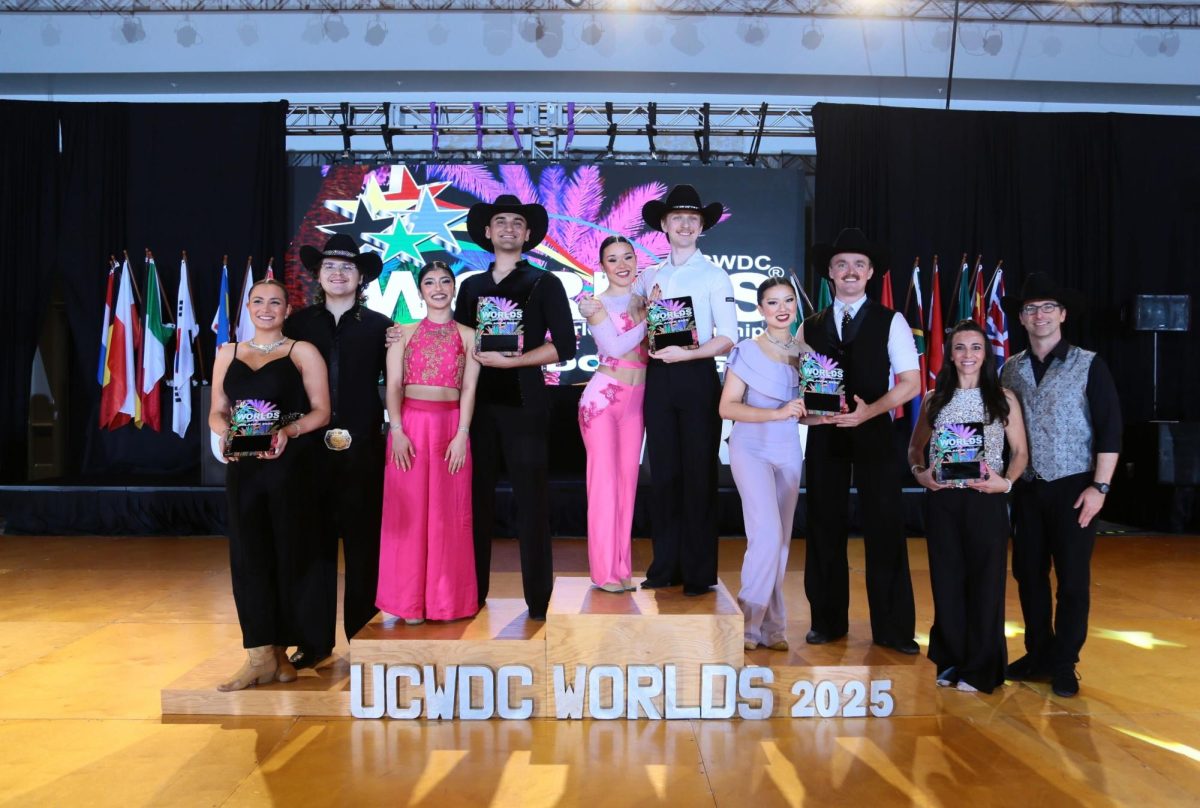“About every tournament I’ll rip the knuckles on the back of my hand open from pushing and stuff,” said Jeff Butler, a junior in the McCombs School of Business who plays wheelchair rugby for the Texas Stampede, the Austin club team. “Really nothing that requires stitches or a hospital trip, just a lot of Band-Aids and anti-bacterial cream.”
Butler is talking about wheelchair rugby — the sport that he describes as “intense” and some call “murderball” — a reference to the broken fingers, overturned wheelchairs and other injuries that tend to occur when eight paraplegic athletes (both male and female) in custom-built, enforced wheelchairs gather on a basketball court and battle each other full-throttle for the ball in a game of ice hockey, basketball and bumper cars gone mad.
“In my rugby career I’ve broken two fingers and I bruised my ribs pretty severely this past December,” said Butler’s teammate Emily Shryock, a disabilities service coordinator in the UT Division of Diversity and Community Engagement. “Most of the time, it’s nothing too serious. Bruises and scrapes, things like that.”
Butler and Shryock were both selected in May to represent the United States as players on the national developmental wheelchair rugby team, Team Force. The team is designed to bridge the gap between the United States club circuit and the international circuit by identifying and preparing the next generation of wheelchair rugby players for international play.
In December, Butler and Shryock will travel to the Lakeshore Foundation Paralympic Training Site in Birmingham, Ala. where Paralympic athletes train for their respective events. The tryout will determine who will play on Team USA in the 2012 Paralympic Games, which will be held in London. The tryout will be run like an athletic camp — “it’s basically a long weekend,” Butler said — that will involve three-a-day practices and a series of cuts until the final team lineup is chosen.
“The tryouts are very intense,” Shryock, 24, said. “The standards that they’re using and they’re looking for are the same that would be found in any elite top-level sport. Players who are team players and who are comfortable with the commitment and the determination it takes to make it to that top level.”
For Butler and Shryock, who both moved to Austin from Indiana in 2010 so they could play for Texas Stampede, the December tryout is something they’ve been working towards since their days of playing for Indianapolis’ team, the Indy Brawlers.
“I moved to Austin to play rugby,” Butler, 21, said. “The rugby’s better, the school is better, the sports are better.”
Shryock and Butler said that the Stampede’s excellence in the sport can be partly attributed to the coaching of James Gumbert, who Stampede players call “Gumbie.” Gumbert, who also happens to be the commissioner of the United States Quad Rugby Association and the coach of Team USA, has been playing wheelchair rugby for 20 years and led the team to gold at the 2008 Paralympic Games in Beijing. Gumbert said that for him, the medals are only part of the game; touching athletes’ lives and the inclusion that comes with wheelchair rugby are just as important.
“There’s a place for everyone at our table,” Gumbert said. “The fact that you’re old or young or you’re a guy or a girl or you’ve got one arm or an amputation above your elbow — that’s what’s groovy about it, it’s just a really inclusive sport.”
His coaching style gave players like Butler and Shryock incentive to move to Austin to play ball.
“I knew that by moving down here I would have a lot better coaching opportunities,” Butler said. “It’s really important in player development to have a really active and really good coach and that’s what I have down here in Austin. It’s important in helping me achieve my goals, which is to be on Team USA.”
The weeks and months between now and the tryout in December will find Butler and Shryock playing ball with the Stampede, whose season begins in October. They’ll be able to practice game technique and strategy with the team while training independently to work on endurance, quickness and strength in Gregory Gym. Practice won’t spare them murderball’s aggression, but by now it’s something the two are used to.
“It’s hand injuries, that’s all,” Butler said. “We have pretty messed up hands. But it’s worth it.”
Printed on September 20, 2011 as: 'Murderballers' take on tough rugby

